Zanu-PF structures in Harare are allegedly promising food hampers to ordinary members to draw them to inter-district feedback meetings where the party is aggressively pushing a controversial campaign to extend President Emmerson Mnangagwa's term of office by two years.
The ruling party's Harare province has been holding a series of packed meetings across the capital as it revives the so-called "2030 agenda", which seeks to extend the president's current tenure from 2028 to 2030. The initiative has deeply divided Zanu-PF, with Vice President Constantino Chiwenga reportedly refusing to back the plan.
The rift widened after Zanu-PF spokesperson Christopher Mutsvangwa recently revealed that the term-extension bid was designed to block Chiwenga from succeeding the 83-year-old president, exposing internal succession battles that have long simmered beneath the surface.
Tensions reportedly peaked on the eve of the party's Mutare conference last month, where delegates resolved that government must fast-track legal processes that would enable Mnangagwa to stay in office beyond 2028. After initial quiet, the party has rolled out a fresh wave of rallies to signal renewed momentum behind the controversial plan.
Officials say the meetings are meant to explain conference resolutions, but insiders argue that they have become platforms to showcase political muscle — and businessman Kudakwashe Tagwirei's rising influence.
Harare province last week held major inter-district meetings in Chitungwiza, the Aquatic Complex and Highfield, with officials boasting about high attendance figures. Sources say the gatherings were widely viewed as demonstrations of support for Tagwirei, who was co-opted into the Zanu-PF central committee last month and has been financially backing the Harare structures since March 2023.
However, investigations by The Standard show that many attendees were lured under false pretences after being told they would receive food hampers sponsored by Tagwirei's foundation.
"Some provincial executives were going around markets telling people to leave their stalls because there would be plenty of food and hampers to take home," one party supporter said.
Promotional posters circulated ahead of the recent meetings read: "Empowerment galore…Kuda Tagwirei on empowerment," and "…12 500 food hampers from Tagwirei's foundation."
But insiders say that when supporters realised there were no handouts, many walked out of Gwanzura Stadium even as senior officials, including Harare Provincial Affairs minister Charles Tawengwa, were addressing the crowd.
"Scores of supporters marched out of the stadium after realising that there was no food as promised," an insider revealed. "Most of the people who attended had also been bused from across the province."
They added that the meetings appear to have become "popularity contests" rather than genuine forums for feedback on party resolutions.
Tagwirei, who is said to be Mnangagwa's preferred successor, has been actively engaging supporters at the rallies, promising empowerment projects and receiving enthusiastic receptions from party members. His growing visibility has intensified speculation about his political ambitions amid the broader succession debate.
Harare provincial chairperson Godwills Masimirembwa referred questions about the alleged food-hamper promises to Mutsvangwa, who was unreachable for comment. His deputy Ephraim Fundukwa declined to speak, saying he was not authorised.
A meeting scheduled for Sunday was postponed to Monday, while further gatherings are expected in Hatcliffe today, Kuwadzana tomorrow, and Hatfield on Thursday as the province continues to mobilise support for the term-extension bid.
Despite the escalating campaign, Mnangagwa has publicly insisted he is a "constitutionalist" and would not personally seek to overturn presidential term limits. Earlier this year, he said he had no desire to remain in power beyond 2028 — but he has done nothing to halt the campaign being pursued in his name.
Zimbabwe's 2013 constitution limits presidents to two five-year terms, a reform introduced after decades of concern over the late Robert Mugabe's prolonged stay in power. Mnangagwa replaced Mugabe following the 2017 military-assisted transition, promising a break from authoritarianism.
Critics now say he has instead consolidated power more aggressively than his predecessor, and the latest bid to extend his rule confirms Zimbabwe is drifting deeper into authoritarianism.
- The Standard
 Monetary history of Zimbabwe
Monetary history of Zimbabwe  Hichilema meets Chivayo
Hichilema meets Chivayo  Millions celebrate Diwali festival in India
Millions celebrate Diwali festival in India  SA bitcoin firm mulls Zimbabwe listing
SA bitcoin firm mulls Zimbabwe listing  Gold edges up as traders await guidance
Gold edges up as traders await guidance  Airlink applies for Lanseria to Harare, Bulawayo route
Airlink applies for Lanseria to Harare, Bulawayo route  Young Investment Professional (YIP) Graduate Programme 2019
Young Investment Professional (YIP) Graduate Programme 2019 
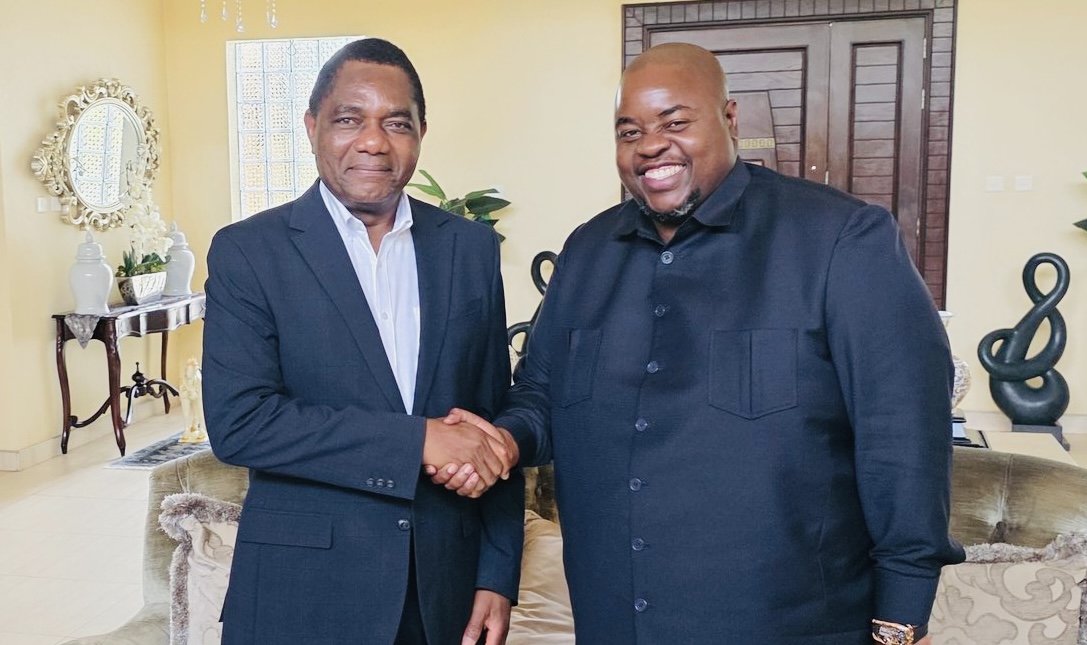
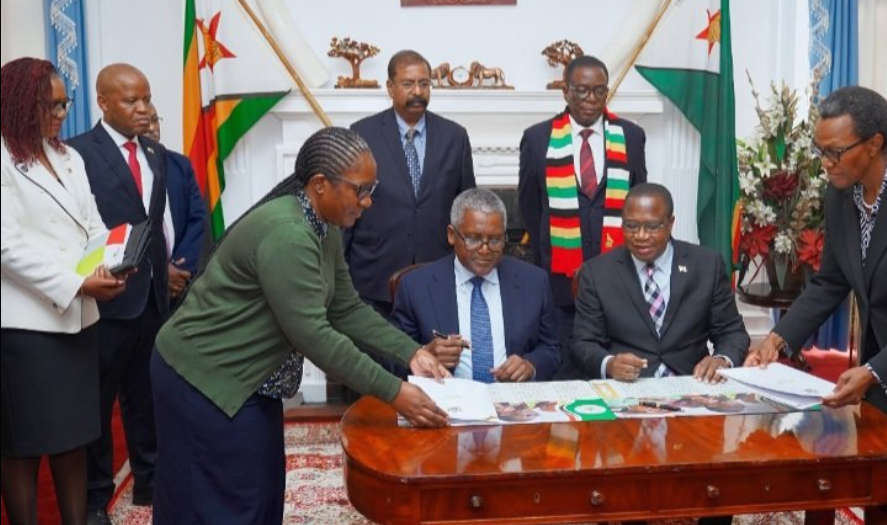
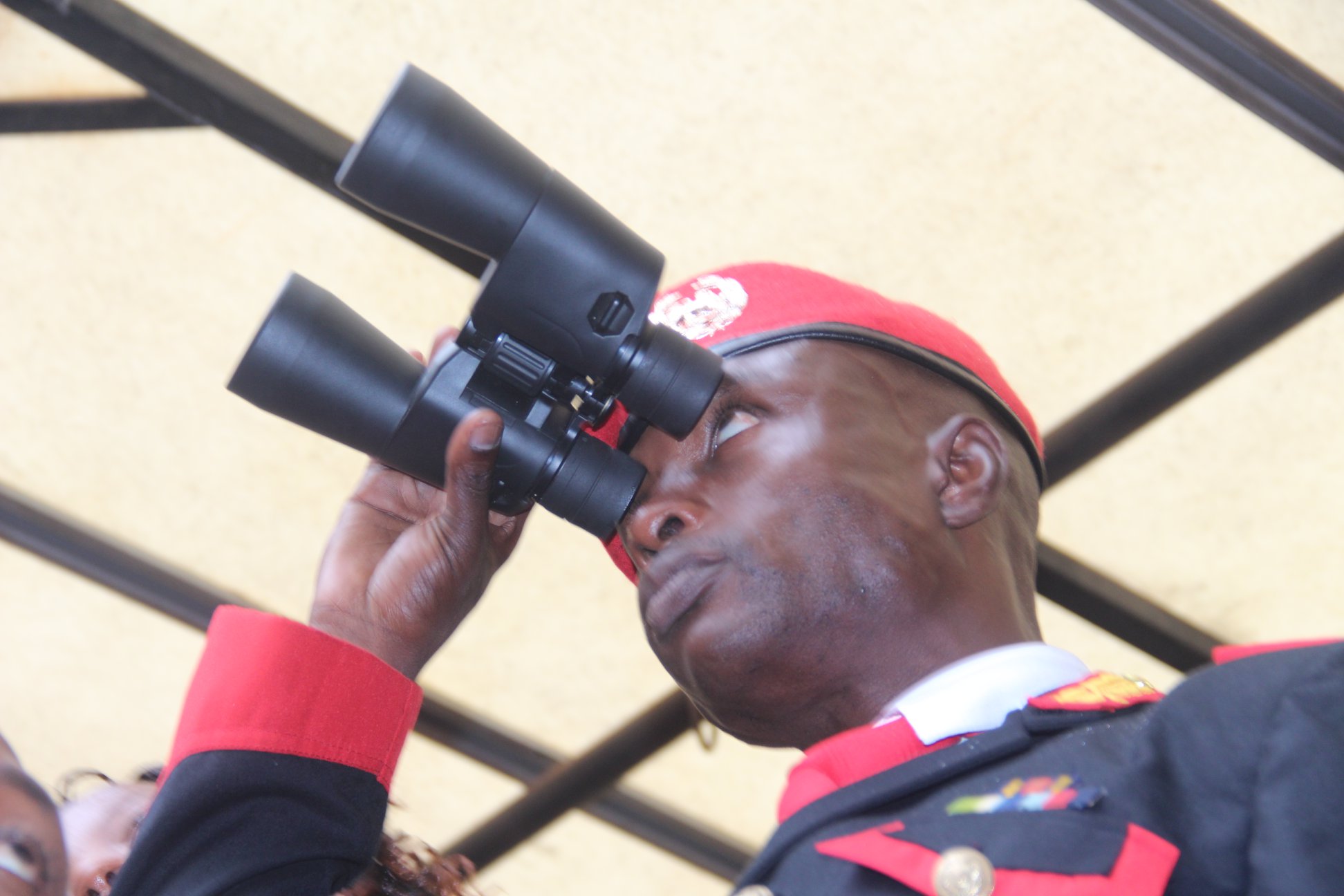
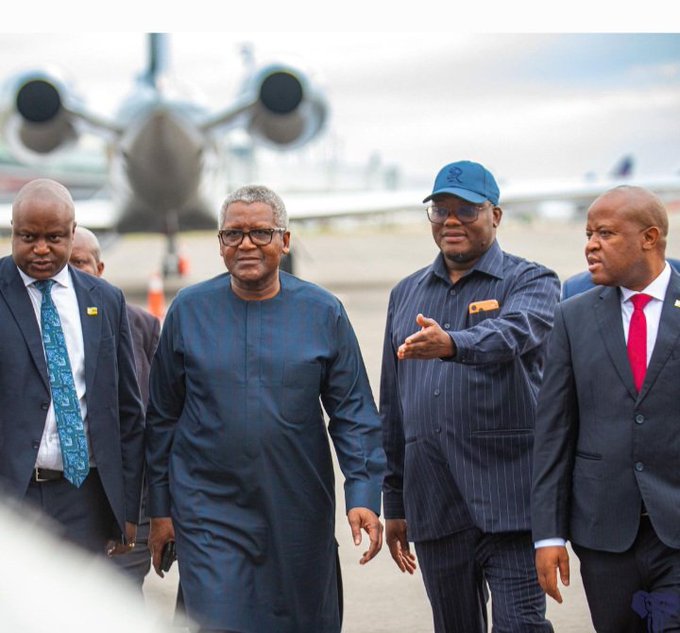
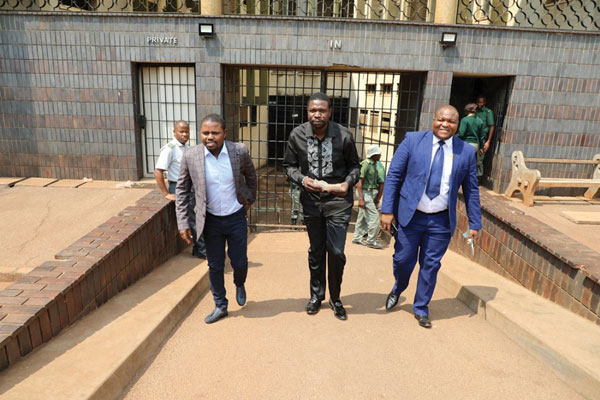
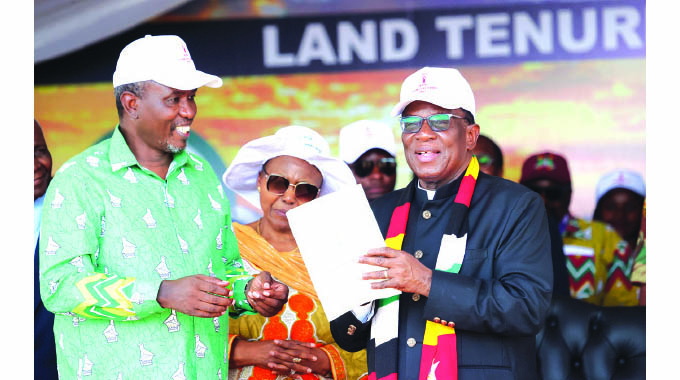

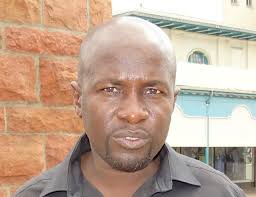
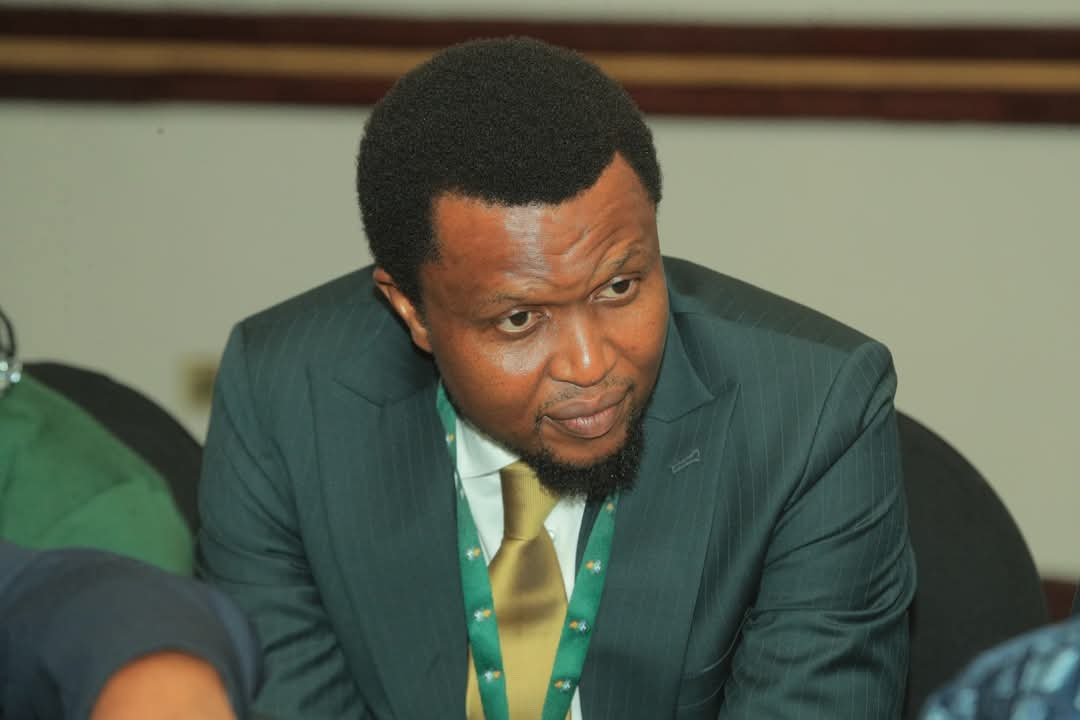

 Young Investment Professional (YIP) Graduate Programme 2019
Young Investment Professional (YIP) Graduate Programme 2019
Editor's Pick